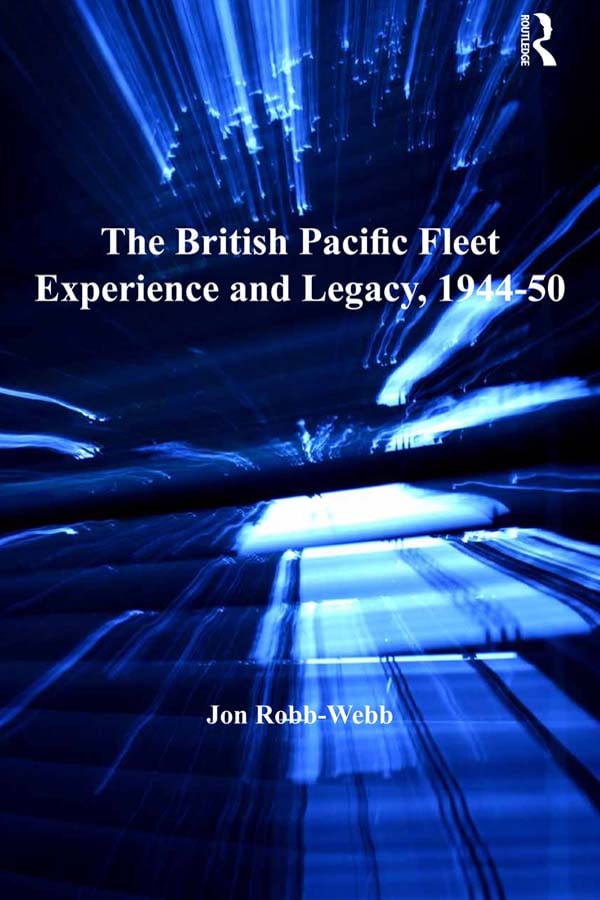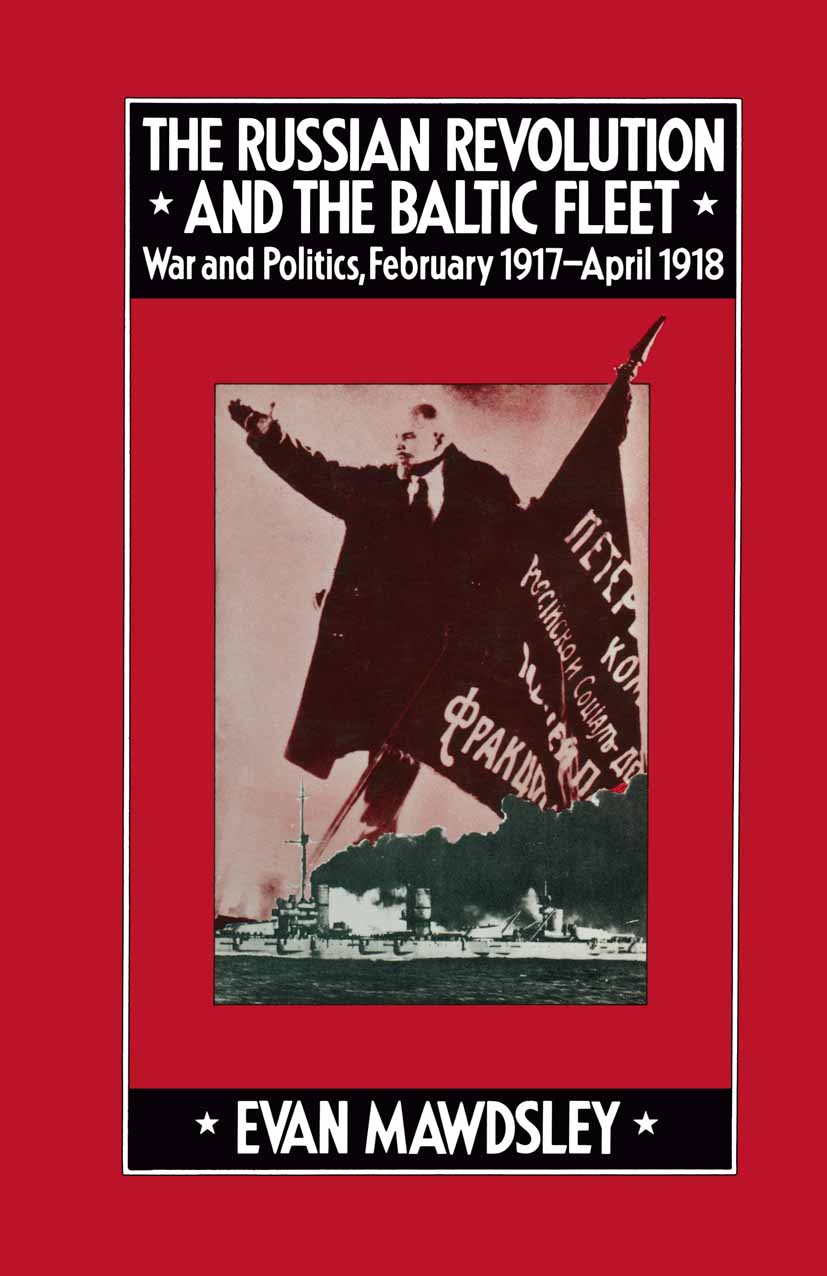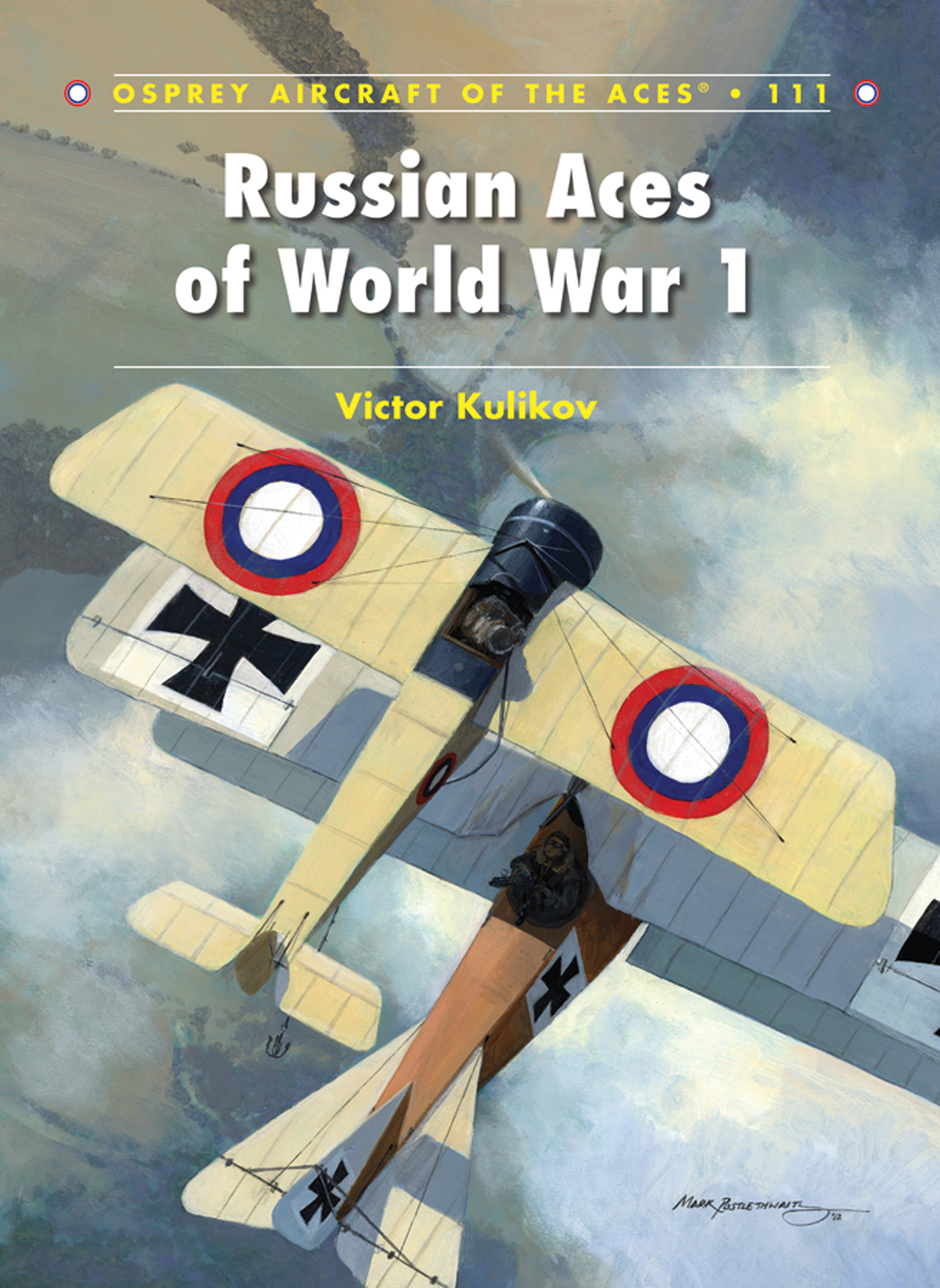The British Pacific Fleet Experience and Legacy, 1944â50
by Jon Robb-Webb
2020-06-30 21:32:23
The British Pacific Fleet Experience and Legacy, 1944â50
by Jon Robb-Webb
2020-06-30 21:32:23
The British Pacific Fleet was formed in October 1944 and dispatched to fight alongside the USN in the Central Pacific under Admiral Nimitz. Deploying previously unpublished documents, this book reveals how relations between the UK and US forces devel...
Read more
The British Pacific Fleet was formed in October 1944 and dispatched to fight alongside the USN in the Central Pacific under Admiral Nimitz. Deploying previously unpublished documents, this book reveals how relations between the UK and US forces developed from a starting point of barely repressed suspicion, to one where both navies came to understand each other and eventually find a remarkable bond. Born out of a shared experience of Kamikaze attacks, extended operations against bitterly hostile shores, the pooling of knowledge and experience, the two navies underpinned the diplomatic moves in both Washington and London. The book carries the legacy of this experience through to the next Anglo-American participation in war, Korea. It illustrates and explains how and why certain lessons were incorporated into the composition, behaviour and structure of the post-war Navy. It demonstrates the significance of what was learned from the USN by the RN and by USN from the RN. As well as examining the background to the largest fleet the Royal Navy ever put to sea, the book also charts its effects on Anglo-American relations, multinational operations, alliance building, and the ways naval forces are shaped by and in turn shape politics. It addresses a period of rapid technological development that witnessed profound changes in the international system, and which raised fundamental questions of what navies were for and how should they operate and organize themselves. In so doing the study illustrates how the experience of a few long months at the end of the war in the Pacific would cast a long shadow over these issues in the very different circumstances of the post-war world.
Less













.jpg)
















